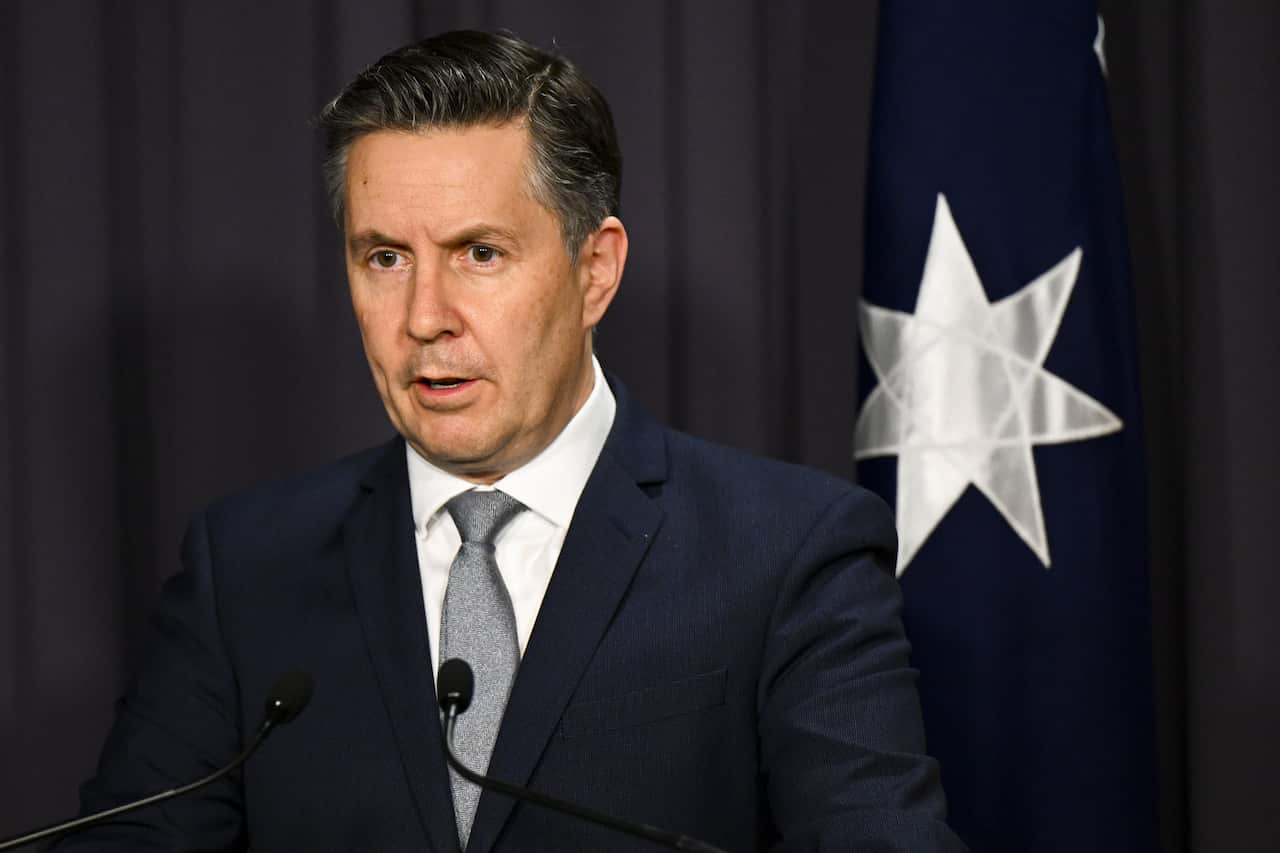Key Points
- International travellers worried as India updates COVID rules
- India mandates negative COVID test for six countries
- Australia urges citizens to monitor changing travel guidelines
Melbourne’s Anant Bhatia hasn’t met his family in five years.
The 25-year-old local government employee says he was excited about the reunion, but the Indian government’s new travel guidelines for international passengers issued days before his intended travel date have made him anxious.
India's travel guidelines for international passengers:
India has mandated a negative RT-PCR test report 72 hours before flying into the country for passengers travelling from China, Singapore, Japan, South Korea, Hong Kong and Thailand in the wake of rising COVID infections.
According to the , as updated on 1 January 2023, international travellers flying from the six COVID-hit countries must also submit a self-declaration form available on thebefore their scheduled travel.
India's travel guidelines also apply to passengers transiting through high-risk countries
The rules also apply to the likes of Mr Bhatia, who will be transiting through any of the six identified COVID-hit countries, as stated on the New Delhi Airport’s official website.
'It's an unnecessary hassle'
“I don’t understand the need for a negative test report for transiting passengers,” says Mr Bhatia, who is flying to New Delhi on January 7 via Thai Airways.
“They should ask people travelling from high-risk countries to follow these rules, not those who merely board a transit flight. It is just an unnecessary hassle,” he rues.
Mr Bhatia says the out-of-pocket cost of these tests is also not helping the situation.

Anant Bhatia Source: Supplied
Australia updates travel advisory for citizens travelling to India:
In response to India’s revised travel regulations, the Australian government has asked its citizens to exercise caution before planning a trip to the South Asian nation.
“More COVID−19 restrictions may be imposed at short/without prior notice, including localised lock-downs and curfews—Monitor local media for updates,”

The Australian Government will introduce pre-departure testing for COVID-19 for people travelling to Australia from China, Hong Kong and Macau from January 5. Source: AAP / AAP
Announcing the decision on Sunday, Mr Butler said implementing these temporary measures has been made out of an abundance of caution.
“Australia is well positioned in its pandemic response. We continue to monitor the COVID-19 situation in Australia and internationally, in collaboration with medical experts. Our absolute priority is keeping our community safe and continuing to be a world leader when it comes to responding to the global COVID-19 pandemic,” Mr Butler said.
The Australian government's move has further aggravated Mr Bhatia's woes, who, like many other travellers, fear Australia may clamp further restrictions delaying or preventing their re-entry into the country as it happened during the pandemic times.
“I have booked my return ticket from India for 14 February, but now I am seriously contemplating cutting short my trip to return sooner to prevent any sort of disaster, considering I am still on a temporary visa,” he says.

Michael Maher, CEO, OnePassport Source: Supplied / Supplied by Michael Maher
“They won’t close borders again. They may introduce negative tests as they have done with China - that is the extent of restrictions," he says.
“Visitors, mental health, our children, and a wide variety of day-to-day things, and the fact that COVID at the time was still present has now mellowed; therefore, the risk of transmission to people is much less,” Mr Maher told SBS Punjabi.
The travel and tourism stakeholders also remain unfazed.

Sandip Hor, Chairman, Australia India Travel & Tourism Council (AITTC)
“The new travel regulations will not have any negative impact given that 22 direct flights are going to India (from Australia), so if you bypass the high-risk countries, you don’t have to take an RT-PCR test or fill in the Air Suvidha form at this stage.
"By this time, people are used to the COVID-induced restrictions. So while I can understand that initially, there has been a knee-jerk reaction, these developments will not radically impact travel between the two countries. And I hope this is only a temporary measure,” he adds.


